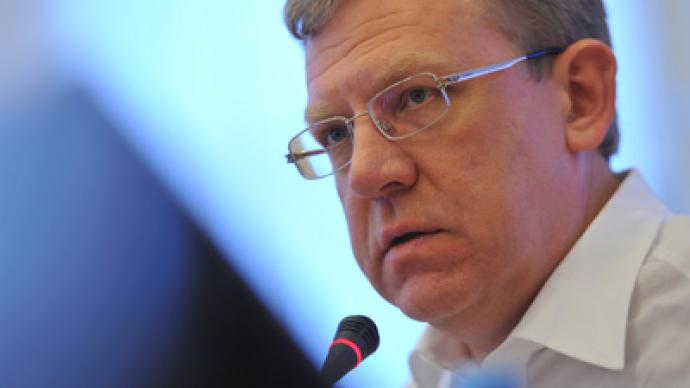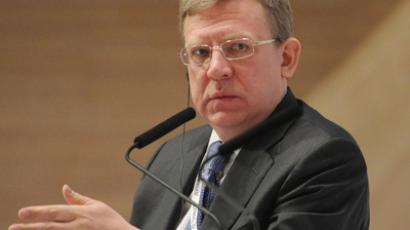Cut oil dependency before too late - former Finance Minister Kudrin

Fighting oil dependency should be a top priority for the new Russian cabinet announced on Monday, as oil prices are likely to decrease to $80 per barrel, says former Finance Minister Aleksey Kudrin.
Kudrin has been warning that high oil dependency could undermine the country’s economy when prices start falling. “So the budget should drastically cut its oil dependency in the next 3-4 years. If not, we will put our achievements, social obligations and macroeconomics under threat,” he warned. In the past weeks Brent and light have toppled to $91 and $107 per barrel respectively, weighed down by the growing eurozone crisis and uncertainty around Iran.Improving Russia’s poor business climate will be another challenge for the new government in its efforts to modernize the country’s economy, Kudrin said. Providing more independence for business will be a key issue.“Business should start to feel less pressure from the state and local authorities or controlling organizations,” Kudrin told RT. “Business should feel its success depends on its own efforts and enterprise,” he explained.However, Kudrin warned that further creation of state corporations, such as a planned venture for Far East development would hurt Russian business by damaging competition on the market. “It isn’t an effort to create equal opportunities for all, but the creation of a new major player on the market,” he said. “It kills the stimulus for private companies which deal with challenges by themselves, not through help from the state.” The former Finance Minister was also skeptical about Russia’s better-than-expected growth in the first quarter of 2012 amid the eurozone crisis. The country’s GDP grew about 5% during this period. “The situation in the West means we should expect moderate gains, but we are likely to face serious problems. If the crisis worsens, GDP could be between 2.5% and 3.5%,” Kudrin supposes.














